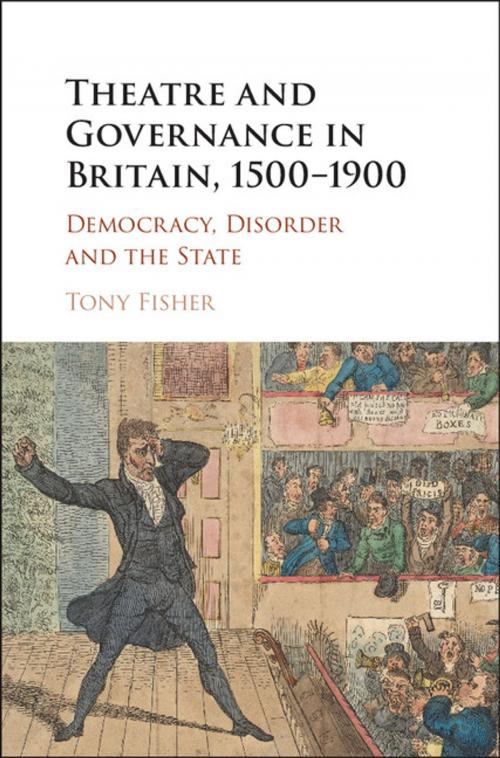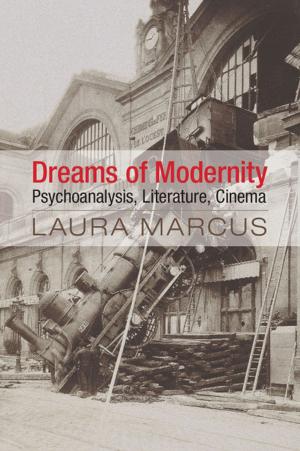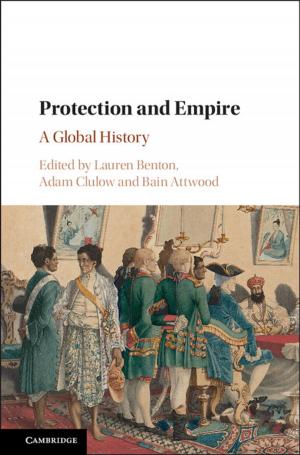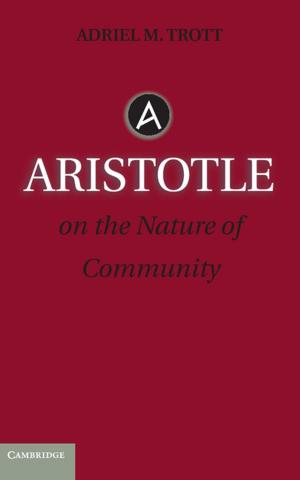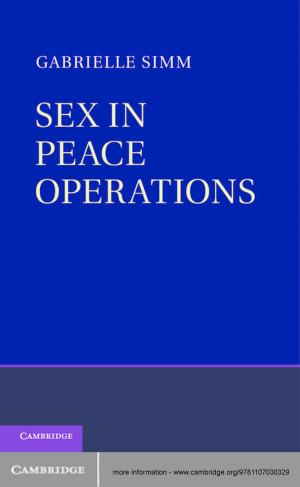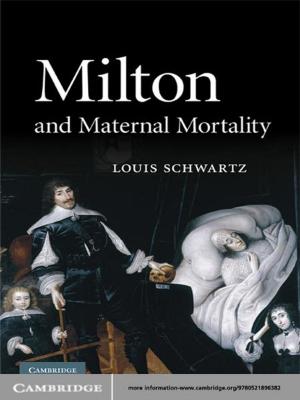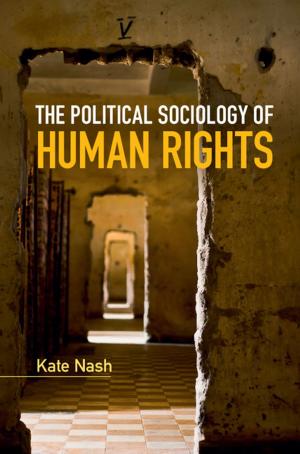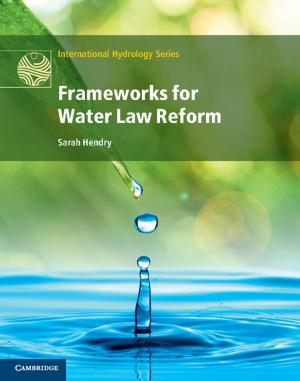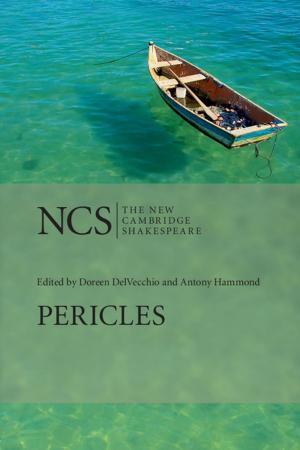Theatre and Governance in Britain, 1500–1900
Democracy, Disorder and the State
Fiction & Literature, Drama, British & Irish, Nonfiction, Entertainment, Performing Arts| Author: | Tony Fisher | ISBN: | 9781316863596 |
| Publisher: | Cambridge University Press | Publication: | June 16, 2017 |
| Imprint: | Cambridge University Press | Language: | English |
| Author: | Tony Fisher |
| ISBN: | 9781316863596 |
| Publisher: | Cambridge University Press |
| Publication: | June 16, 2017 |
| Imprint: | Cambridge University Press |
| Language: | English |
This book begins with a simple observation - that just as the theatre resurfaced during the late Renaissance, so too government as we understand it today also began to appear. Their mutually entwining history was to have a profound influence on the development of the modern British stage. This volume proposes a new reading of theatre's relation to the public sphere. Employing a series of historical case studies drawn from the London theatre, Tony Fisher shows why the stage was of such great concern to government by offering close readings of well-known religious, moral, political, economic and legal disputes over the role, purpose and function of the stage in the 'well-ordered society'. In framing these disputes in relation to what Michel Foucault called the emerging 'art of government', this book draws out - for the first time - a full genealogy of the governmental 'discourse on the theatre'.
This book begins with a simple observation - that just as the theatre resurfaced during the late Renaissance, so too government as we understand it today also began to appear. Their mutually entwining history was to have a profound influence on the development of the modern British stage. This volume proposes a new reading of theatre's relation to the public sphere. Employing a series of historical case studies drawn from the London theatre, Tony Fisher shows why the stage was of such great concern to government by offering close readings of well-known religious, moral, political, economic and legal disputes over the role, purpose and function of the stage in the 'well-ordered society'. In framing these disputes in relation to what Michel Foucault called the emerging 'art of government', this book draws out - for the first time - a full genealogy of the governmental 'discourse on the theatre'.
